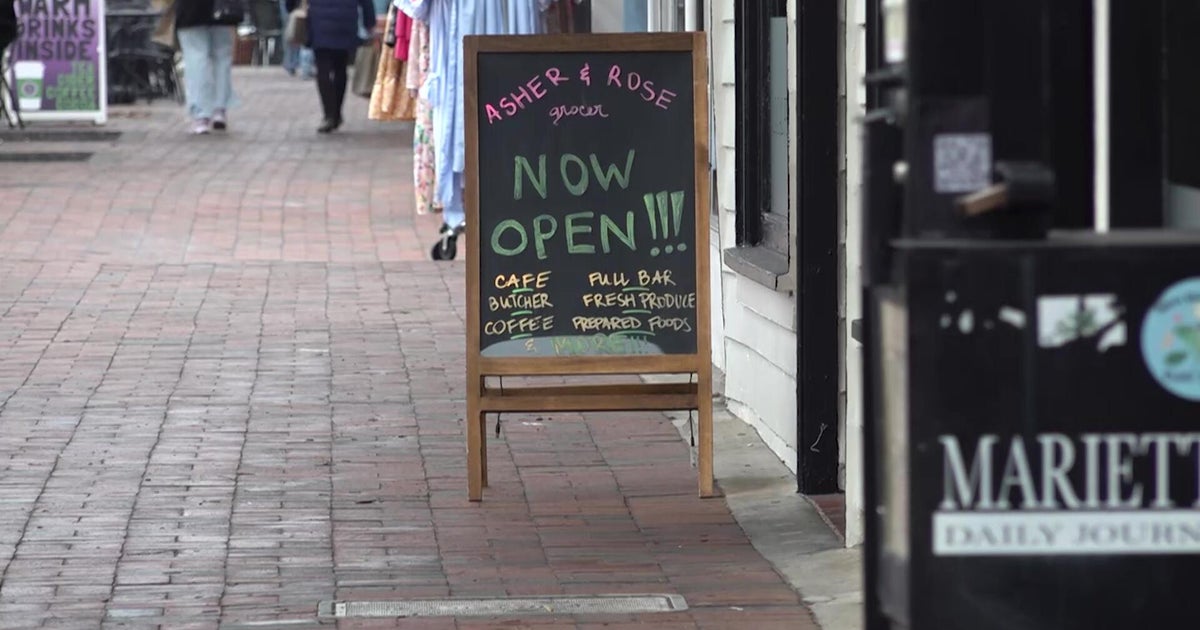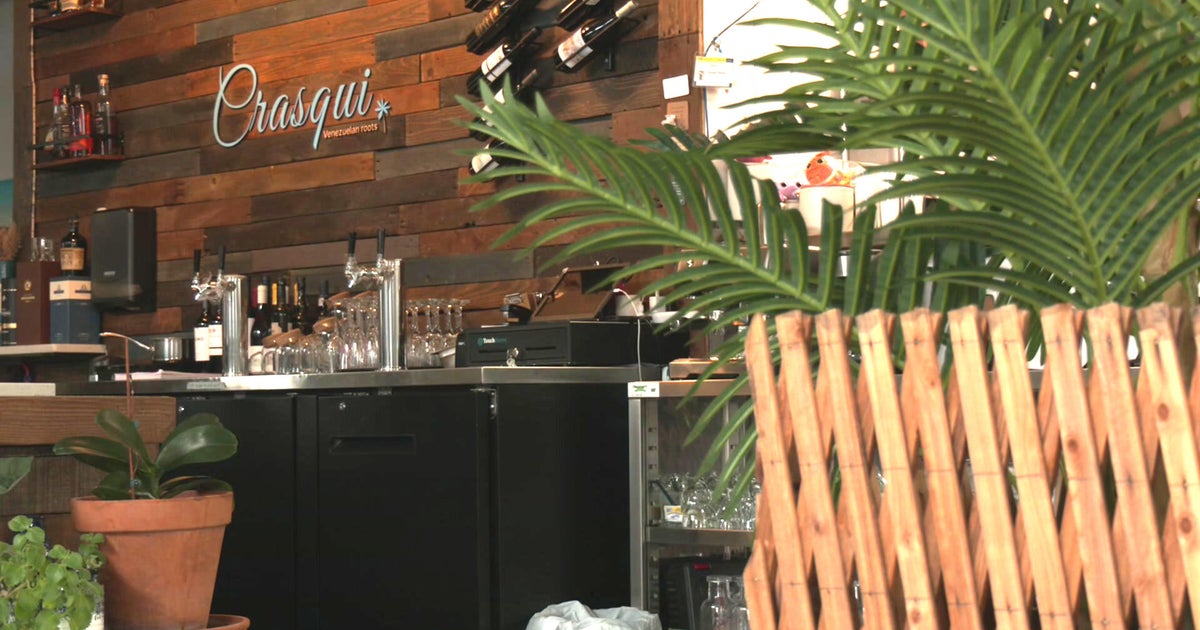What Is Mardi Gras?
Mardi Gras. Shrove Tuesday. Carnival. Anyway you say it, the meaning of this day is the same across the world and happens only on a Tuesday.
Children in the metro-Detroit area also know it as Paczki (poonch – KEY) Day, a day for eating extra large, jelly-filled doughnuts. This is a Polish tradition that has bakeries, especially in Hamtramck, bursting with customers eager to buy a dozen.
Fat Tuesday overflows with traditions that began centuries ago in Europe. Here are some more to talk about:
In England, it's called Pancake Day. Long ago, milk and eggs were forbidden during the 40 days of Lent, a time when Christians cut back on fattening foods before Easter, so everyone made pancakes to use up the ingredients.
In New Orleans, Mardi Gras includes parades with floats and celebrities, fancy parties and meals with a dessert called King Cakes. These traditions were passed down from the city's French, Spanish and Afro-Caribbean ancestors and date back to 1857.
On Fat Tuesday, reflect on the traditions your families pass down from generation to generation and don't forget to enjoy a Paczki!
Content provided by Oakland University







